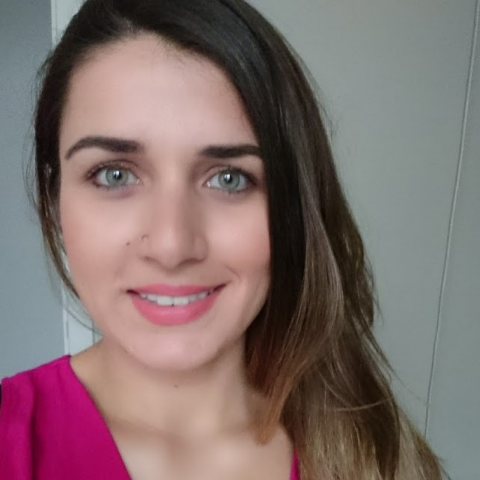
Dr. Genyffer C. Troina
Biography
Genyffer is now a post-doc at the University of British Columbia
Short Biography
My main research interests are the trophic and spatial ecology of marine top predators. During my graduate studies, I applyed natural carbon and nitrogen stable isotopes to investigate the foraging ecology and habitat use by cetaceans. The use of such natural chemical tracers has allowed me to understand the foraging behaviour of oceanic cetacean populations, and how sympatric cetacean species compete for available resources. My research now as a postdoctoral fellow at the Pelagic Ecosystems Lab, at the Institute for the Oceans and Fisheries (University of British Columbia) focuses on investigating the trophic structure of the North Pacific pelagic food webs, and the main pathways that sustain keystone salmon species. In the long-term, I aim to understand how human-induced environmental changes can affect the structure and dynamics of the marine pelagic ecosystems.
Joint PhD 2019 between VUB and Universidade Federal do Rio Grande (FURG)
PhD title and summary
The trophic interactions and ecological role of cetaceans in the Brazilian offshore waters
Understanding the trophic relationships among cetaceans and the other food web components is essential in order to assess these predators’ ecological functions. Using carbon and nitrogen stable isotopes we intend to characterize the main pathways of energy and matter in the pelagic stratum from primary producer to higher trophic levels. We measured δ13C and δ15N in skin tissues of odontocetes (Families Delphinidae and Physeteridae) along Brazilian offshore waters. Stable isotope values at the base of the food web (Particulate Organic Matter and zooplankton) will be used to understand patterns in isotopic variability in top predators and how shifts in basal isotopic composition are propagated into top predators. Our analysis will aid to the understanding on the trophic dynamics of the cetaceans and how they interact with the surrounding environment and organisms.
Fiel sites
South west Atlantic Ocean, Brazilian outer continental shelf and slope, tropical and subtropical waters
Keywords: Cetaceans, odontocetes, stable isotopes, food webs, δ13C and δ15N
SUPERVISORS:
Frank DehairsMark ElskensEduardo Resende Secchi (Unversidade Federal do Rio Grande – FURG, Brazil)Silvina Botta (Unversidade Federal do Rio Grande – FURG, Brazil)
